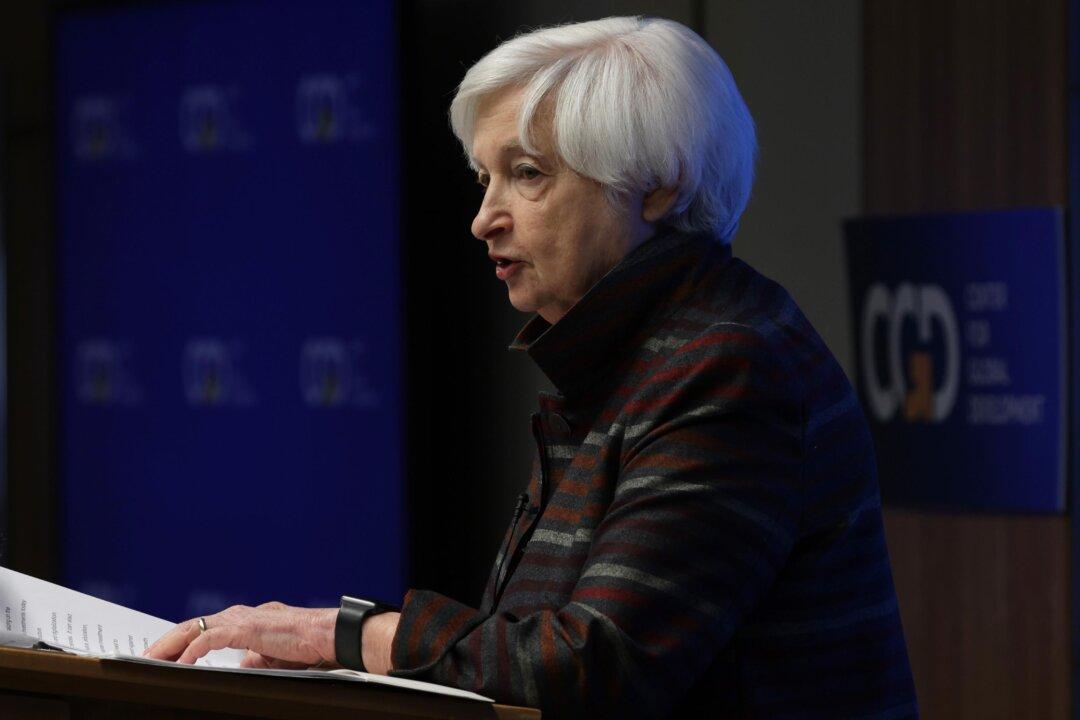U.S. Treasury Secretary Janet Yellen announced that some sanctions on Russia would likely remain in place even if the war in Ukraine ends.
Yellen, who is attending the annual G-20 summit in Bali, Indonesia, said that any eventual peace agreement would generally involve a review of the sanctions that the United States and its allies have imposed on Russia. However, how comments indicate the Biden administration is leaning towards continuing its pressure campaign on the Russian economy in the long-term.“There really hasn’t been any effort on Russia’s part to want to undertake negotiations with Ukraine on any terms that are acceptable to Ukraine,” Yellen said in a Nov. 14 interview at the G-20, reported The Wall Street Journal.
“I suppose in the context of some peace agreement, adjustment of sanctions is possible and could be appropriate.
“We would probably feel, given what’s happened, that probably some sanctions should stay in place,” she said.





